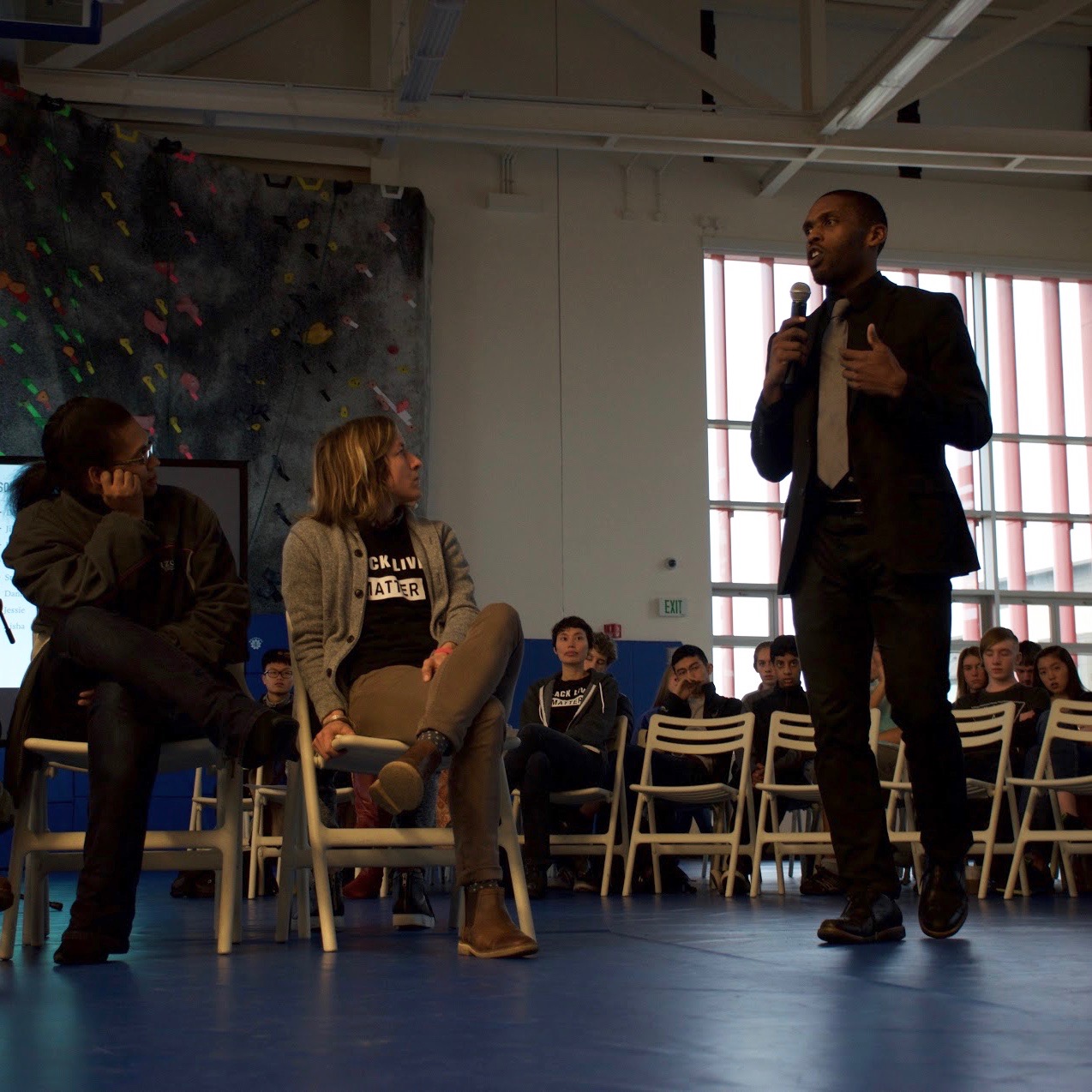[et_pb_section bb_built=”1″ fullwidth=”on” _builder_version=”3.0.85″ custom_padding=”0px|0px|0px|0px”][et_pb_fullwidth_image src=”http://www.thenuevacurrent.com/wp-content/uploads/2017/01/mlk.jpg” _builder_version=”3.0.86″ show_in_lightbox=”off” url_new_window=”off” use_overlay=”off” /][/et_pb_section][et_pb_section bb_built=”1″ specialty=”on” padding_top_1=”-25px” padding_left_1=”50px” padding_top_2=”-25px” module_class=”ds-fullwidth-specialty” _builder_version=”3.0.85″ custom_padding=”15px|50px|20px|0px” make_fullwidth=”on” padding_left_2=”50px”][et_pb_column type=”2_3″ specialty_columns=”2″][et_pb_row_inner admin_label=”Row” _builder_version=”3.0.85″][et_pb_column_inner type=”4_4″ saved_specialty_column_type=”2_3″][et_pb_divider color=”#0083b6″ show_divider=”on” divider_weight=”5″ _builder_version=”3.0.86″]
<div class=”et_pb_module et_pb_space et_pb_divider et_pb_divider_1 et_pb_divider_position_ et-hide-mobile”></div>
[/et_pb_divider][et_pb_post_title author=”off” comments=”off” _builder_version=”3.0.86″ title_font=”|700||on|||||” title_text_align=”center” title_font_size=”42px” meta_text_align=”center” meta_font_size=”18″ text_orientation=”center” custom_margin=”-10px|||” custom_padding=”|||” title=”on” meta=”on” date=”on” categories=”on” featured_image=”off” featured_placement=”below” text_color=”dark” text_background=”off” /][et_pb_divider color=”#0083b6″ show_divider=”on” divider_weight=”5″ _builder_version=”3.0.86″]
<div class=”et_pb_module et_pb_space et_pb_divider et_pb_divider_1 et_pb_divider_position_ et-hide-mobile”></div>
[/et_pb_divider][/et_pb_column_inner][/et_pb_row_inner][et_pb_row_inner admin_label=”Row” _builder_version=”3.0.47″][et_pb_column_inner type=”1_2″ saved_specialty_column_type=”2_3″][et_pb_text _builder_version=”3.0.86″ custom_padding=”|20px||” background_layout=”light”]
Two days after Martin Luther King Jr. Day, some three hundred and fifty upper school students filtered into the gym to find Alegria Barclay, Nueva’s Equity & Social Justice Coordinator, standing in the center of a large circle of chairs.
The theme of this year’s MLK Day workshop, she explained, would be solidarity. Solidarity, in the context of social justice, is the act of supporting members of an oppressed group to which one doesn’t belong, and using privilege to make change.
[/et_pb_text][/et_pb_column_inner][et_pb_column_inner type=”1_2″ saved_specialty_column_type=”2_3″][et_pb_text _builder_version=”3.0.86″ custom_padding=”|||12px” background_layout=”light”]
After Alegria’s speech, several students and faculty members stood at the center of the room and told stories of times when they needed solidarity that wasn’t given to them as well as stories of times when they received the impactful solidarity they truly needed. There were moments of shock and discomfort at hearing people’s experiences that broadened students’ understanding of their own privilege and how it has affected their experience.
[/et_pb_text][/et_pb_column_inner][/et_pb_row_inner][et_pb_row_inner admin_label=”Row” _builder_version=”3.0.47″][et_pb_column_inner type=”4_4″ saved_specialty_column_type=”2_3″][et_pb_testimonial background_layout=”light” _builder_version=”3.0.86″ url_new_window=”off” quote_icon=”on” use_background_color=”on” quote_icon_background_color=”#f5f5f5″ text_orientation=”center” body_font_size=”24″ custom_padding=”75px|50px||50px” animation_style=”fade” box_shadow_style=”preset1″ quote_icon_color=”#0083b6″ body_text_color=”#0083b6″]
Solidarity, in the context of social justice, is the act of supporting members of an oppressed group to which one doesn’t belong, and using privilege to make change.
[/et_pb_testimonial][/et_pb_column_inner][/et_pb_row_inner][et_pb_row_inner admin_label=”Row” _builder_version=”3.0.47″][et_pb_column_inner type=”1_2″ saved_specialty_column_type=”2_3″][et_pb_text _builder_version=”3.0.86″ custom_padding=”|20px||” background_layout=”light”]
After lunch, students had the opportunity to attend two workshops of their choosing about taking action on different social justice issues. One such workshop, led by Lindsey C., an associate teacher, focused on the disproportionate incarceration rates of transgendered people in the United States. During that workshop, students had the opportunity to write letters to incarcerated trans individuals, letting them know that they had support in the outside world and that their stories are not going untold. Another workshop focused on women’s reproductive rights, and another on anti-semitism, among many other topics.
The goal of this MLK Day event was for students to find a way to
[/et_pb_text][/et_pb_column_inner][et_pb_column_inner type=”1_2″ saved_specialty_column_type=”2_3″][et_pb_text _builder_version=”3.0.86″ custom_padding=”|||20px” background_layout=”light”]
take action about the issues they care about. It solidified for many students that they have more power to take action than they may realize.
Whether that action is attending marches and demonstrations, posting on social media to express solidarity, making appearances at Nueva lunchtime clubs such as GSA (Gender & Sexuality Alliance) and Feminism Club, educating oneself about social justice issues through meaningful conversations and research, volunteering at Samaritan House, or reading books such as The New Jim Crow, students have many opportunities to use their privilege to make positive change.
[/et_pb_text][/et_pb_column_inner][/et_pb_row_inner][/et_pb_column][et_pb_column type=”1_3″][et_pb_team_member _builder_version=”3.0.86″ name=”Written by JENNA L.” position=”Contributor” linkedin_url=”#” image_url=”http://www.thenuevacurrent.com/wp-content/uploads/2016/05/jenna.jpg” background_layout=”light” header_font=”|700|||||||” custom_margin=”||50px|” /][et_pb_sidebar _builder_version=”3.0.85″ area=”sidebar-main” orientation=”left” show_border=”on” background_layout=”light” /][/et_pb_column][/et_pb_section]


Leave a Reply